Recently, a video of a Harvard University student's graduation speech titled "The Power of Not Knowning" went viral on social media. In her speech, graduate Shruthi Kumar talked about the tangible this power had on her.
She was just an ordinary girl who grew up in the plains of Nebraska, USA. As the eldest daughter of a South Asian immigrant family, she was also the first in her family to attend college in the United States. However, when it came time to apply for college, she asked her parents for advice. They shook their heads and said, "We don't know." She asked what major to choose, and they still shook their heads and said the same thing.
Harvard Commencement 2024 Senior English Speech by Shruthi Kumar
The phrase "We don't know" felt like a huge mountain in front of her, making her feel terrified. It wasn't until after her journey from Nebraska to Harvard that she gradually realized something new from these words.
Before, she didn't even know there was a field called "history of science." Now, she's a graduate student in this field.
What motivated her to keep searching and finally achieve her current results? She said: "Often, moments of uncertainty give birth to things greater than we can imagine."
In life, many of us are afraid to face uncertainties and unknowns, but we must also admit:
What truly drives a person's growth is often not what they've already encountered, but what they don't yet know.
To escape mediocrity and continue moving forward, we need to constantly break boundaries and break free from closed-minded thinking patterns.
Shruthi Kumar
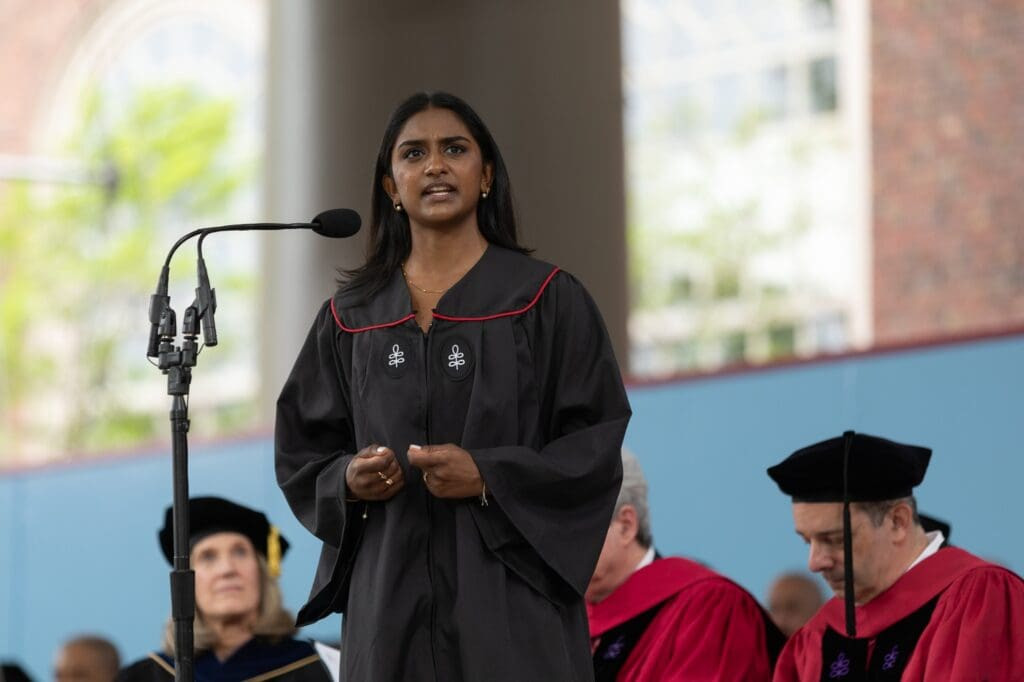
01 In ancient Greece's Temple of Delphi, an oracle said: Socrates is the wisest man in Athens. Socrates said: "I know only one thing, that I know nothing."
Socrates followed a kind of "agnosticism" - the future is unknown, and I know that I know nothing.
However, in real life, there's always a group of people who, after learning a bit of knowledge, feel they know everything in the world and can't accept opinions that contradict their own knowledge.
After mastering some skills, they think they can sit back, relax, and never think about updating themselves.
Such people are like being trapped in an "information cocoon." Psychologist Sunstein believes that when a person completely blocks out outside information and only accepts a single viewpoint, they will wrap themselves tighter and tighter like a cocoon , and eventually be unable to move forward.
People trapped in the "information cocoon" have entered a cognitive state where they think they know everything and become arrogant . Once someone presents a viewpoint they don't know, they subconsciously resist and reject it.
In the 1580s, Newton proposed the law of universal gravitation, advancing the process of modern astrophysics research.
However, a German professor tried to overturn this law. He believed that based on what he had learned over many years, there was no universal gravitational force in the world.
The problem was, he couldn't provide any convincing evidence to prove his point. When asked to learn more about new knowledge, this professor refused to listen, and even stubbornly presented his views in class to deceive students. Soon after, he was fired.
Philosopher Krishnamurti once said: "A mind that is stuck in the known will never be able to understand the unknown."
People who can never move forward and those stuck in the past.
They don't appreciate the mystery of the unknown.
They indulge in false complacency, losing their curiosity and desire to explore.
Yet it's precisely this curiosity and desire to explore that is the key to a person's rapid development and heightened awareness.
In the end, those who lose this desire to explore will get stuck in their existing knowledge, be led by experience, and lead their lives into a dead end.
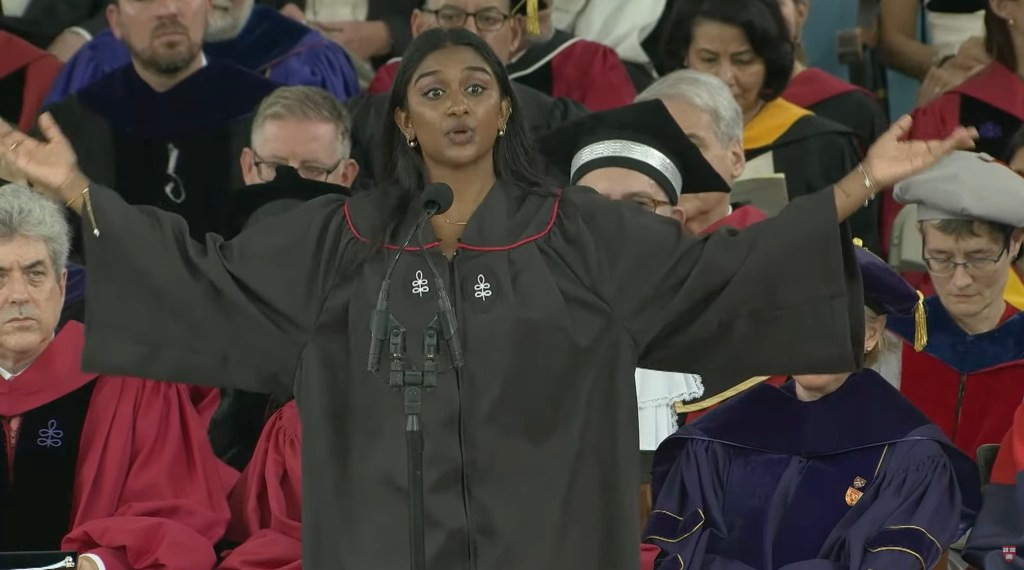
02 In the book "A Brief History of Humankind", author Yuval Harari tells a very interesting story.
There's a world map drawn by Europeans in 1459 AD. It can be seen that the map seems meticulous down to the details. Even the southern Africa region, which Europeans at that time hadn't yet discovered, was full of information.
People of that time believed there were only three continents in the world: Europe, Asia, and Africa, and no other areas they didn't know about. Even the navigator Columbus believed in this map.
However, when Columbus set sail westward in 1492, he discovered a vast new continent - the Americas. This discovery completed shattered the worldview of Europeans at that time.
This story tells us that the world is far more vast and complex than we imagine. What we don't know is often more than what we know.
In the face of the unknown, maintaining an open and curious attitude is crucial. This allows us to constantly expand our horizons and discover new possibilities.
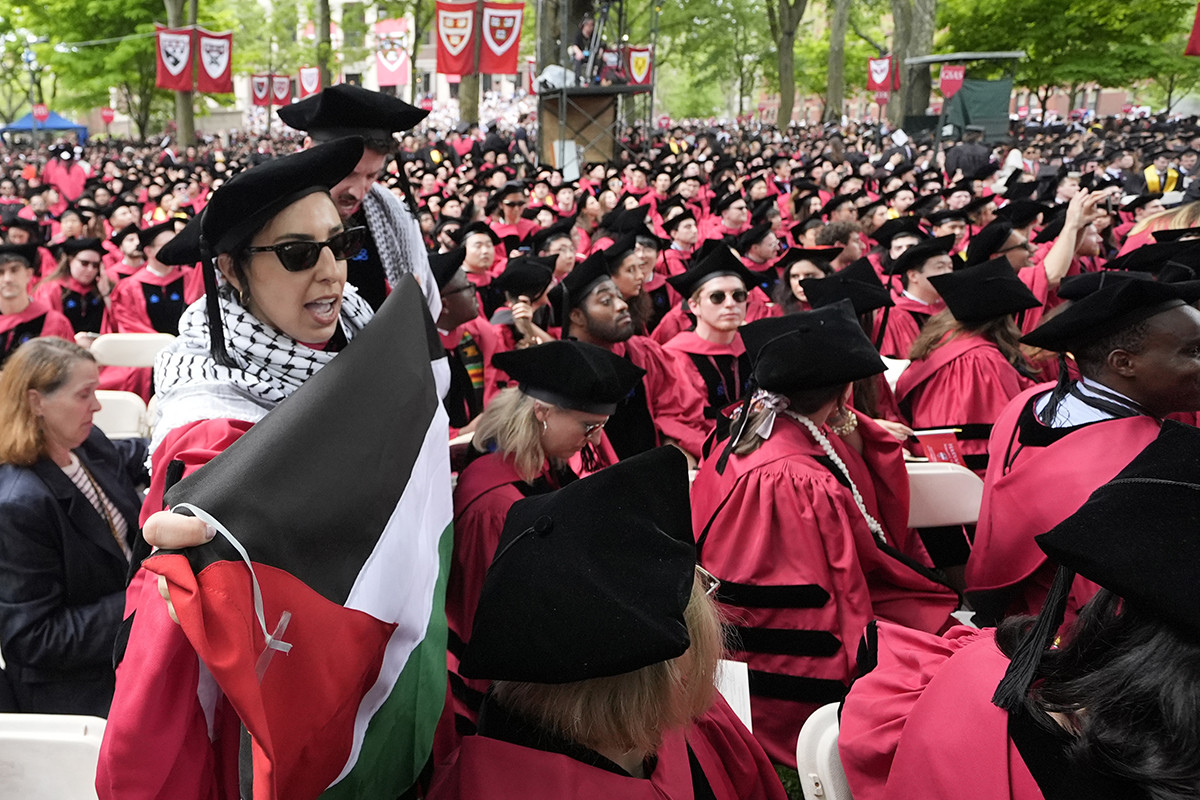
03 The famous physicist Richard Feynman once said: "I think it's much more interesting to live not knowing than to have answers which might be wrong."
This quote perfectly illustrates the importance of embracing uncertainty and the unknown.
In our daily lives, we often encounter situations where we don't have all the answers. Instead of feeling frustrated or anxious about this, we should see it as an opportunity for growth and learning.
When we admit that we don't know something, we open ourselves up to new knowledge and experiences. This humility allows us to ask questions, seek out information, and engage in meaningful discussions with others.
Moreover, acknowledging our lack of knowledge can lead to innovation and creativity. When we're not bound by preconceived notions or existing frameworks, we're free to think outside the box and come up with novel solutions to problems.
Consider some of the greatest scientific discoveries in history. Many of them came about because someone was willing to question existing knowledge and explore the unknown. From Einstein's theory of relativity to the discovery of DNA's structure, these breakthroughs were made possible by scientists who were comfortable saying "I don't know" and then working to find out.
04 In the business world, too, embracing uncertainty can lead to success. Many successful entrepreneurs have built their companies by venturing into unknown territories and taking calculated risks.
Take Amazon founder Jeff Bezos, for example. When he started Amazon as an online bookstore in 1994, e-commerce was still a relatively new concept. Bezos didn't know for sure if his idea would work, but he was willing to embrace that uncertainty and push forward.
Similarly, when Elon Musk founded SpaceX, he entered an industry dominated by government agencies and large aerospace corporations. He didn't have all the answers, but his willingness to explore the unknown has led to groundbreaking advancements in space technology.
These examples show that success often comes not from knowing everything, but from being willing to learn and adapt in the face of uncertainty.
05 So, how can we cultivate this "power of not knowing" in our own lives?
First, we need to overcome our fear of admitting ignorance. In many cultures, not knowing something is seen as a weakness. But in reality, admitting our lack of knowledge is a sign of strength and self-awareness.
Second, we should actively seek out new experiences and information. Read books outside your usual genres, talk to people with different backgrounds and perspectives, or try learning a new skill. These activities can help broaden our horizons and remind us of how much there is to learn.
Third, practice asking questions. When you don't understand something, don't be afraid to ask for clarification. This not only helps you learn but also encourages others to share their knowledge.
Finally, embrace failure as a learning opportunity. When we try something new, we often fail. But each failure teaches us something valuable and brings us closer to success.
In conclusion, the "power of not knowing" is a valuable asset in our rapidly changing world. By embracing uncertainty and maintaining a curious, open mindset, we can continue to grow, learn, and adapt throughout our lives. As Shruthi Kumar's Harvard graduation speech reminds us, it's often in moments of uncertainty that we discover our greatest potential.
So the next time you find yourself facing the unknown, remember: it's not a obstacle, but an opportunity. Embrace it, explore it, and see where it leads you. You might just surprise yourself with what you can achieve.
In 1492 AD, Columbus sailed westward from Spain, hoping to find a new route to East Asia. During his journey, he landed on a new island, now known as the Bahamas (in North America). However, he stubbornly believed it was a small island off East Asia. Until his death, he refused to accept he had discovered a new continent.
Between 1502-1504, Italian sailor Amerigo Vespucci proposed in an article: The island Columbus discovered might not be East Asia but a whole New World. Gradually, America (North and South America) began appearing on world maps.
Author Yuval Harari reflects: Ultimately, a quarter of the world's land area and two of seven continents were named after an unknown Italian, whose only achievement was having the courage to say "we don't know". His "I don't know" spirit also inspired many European geographers and scholars across most fields of knowledge in Europe.
Starting in 1525, European world maps had many blank spaces. What did these gaps mean? They acknowledged what was unknown, beyond what was already known. Anyone with curiosity, upon viewing the map, would ask: "What's beyond that?" There was no answer on the map. These gaps acted like magnets, drawing Europeans forward hoping to fill them.
Subsequently, European expeditions crossed Africa, entered America, traversed the Pacific and Indian Oceans, establishing networks of bases and colonies worldwide, gaining control of global discourse.
The driving force behind all this evolution was "the power of the unknown".
Even today, acknowledging the limitations of what one sees remains the most crucial step for personal progress in life. If we compare our awareness to a small pond, there's always a vast ocean beyond it.
Most of us spend our lives "blocked by our limited vision, unable to see the mountain". But there are always some who overcome fear of the unknown, break boundaries, and continually seek to see things from a higher perspective.
What you and I must do is be like the latter group, always questioning what we know while remaining fearful yet curious about what we don't know. Only this way can we overcome known obstacles and see the world beyond.
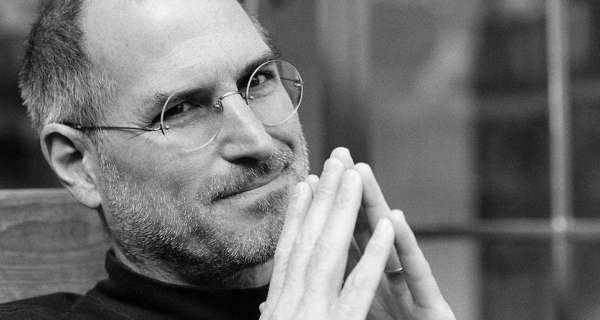
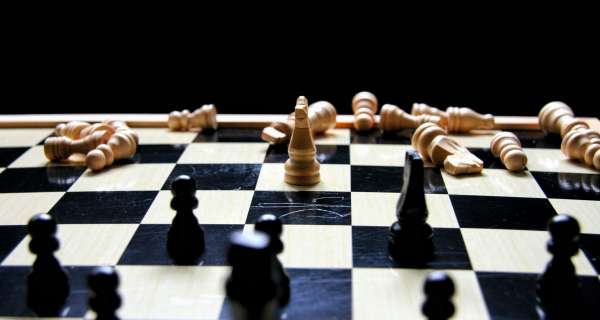

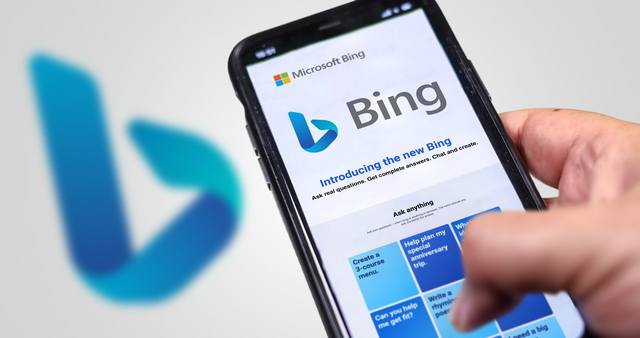

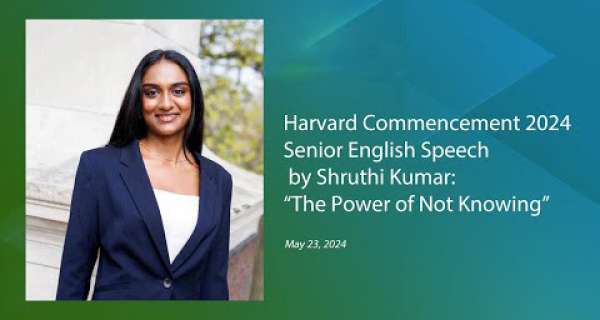
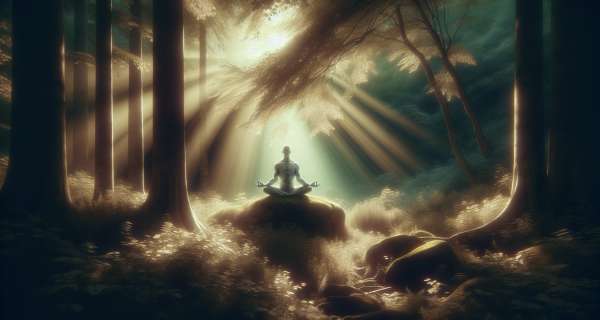
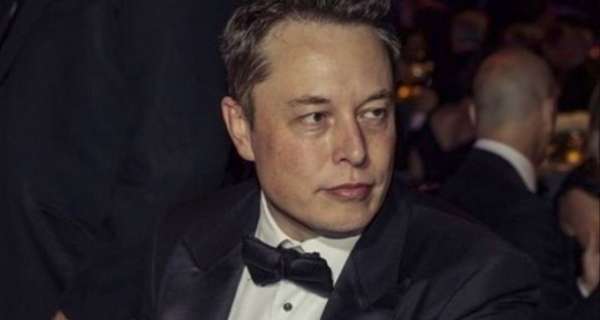

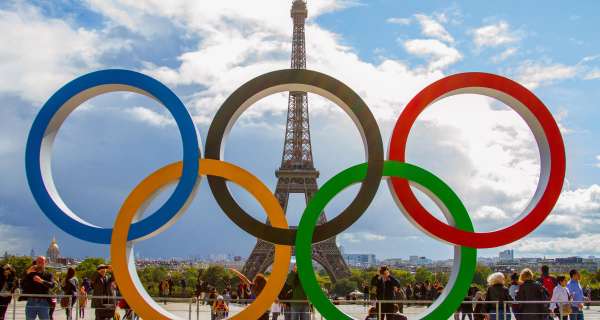
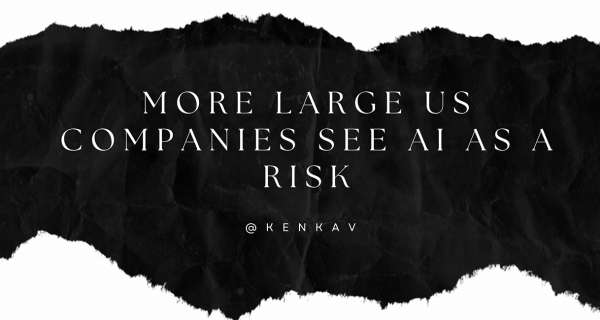
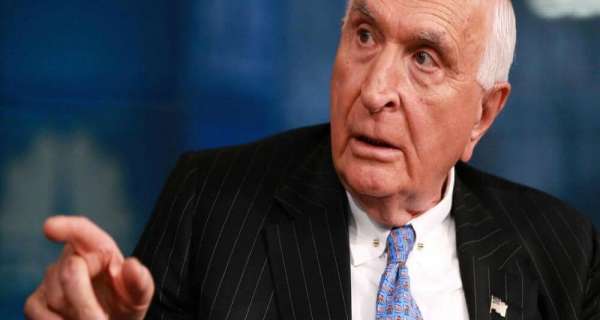
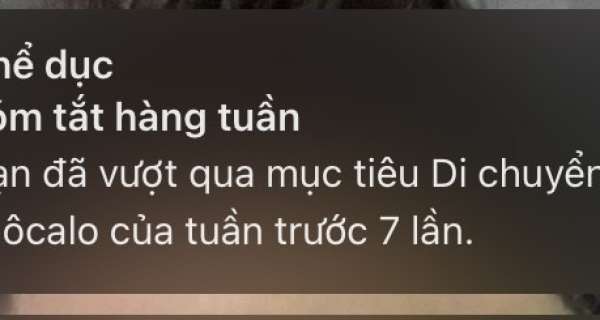
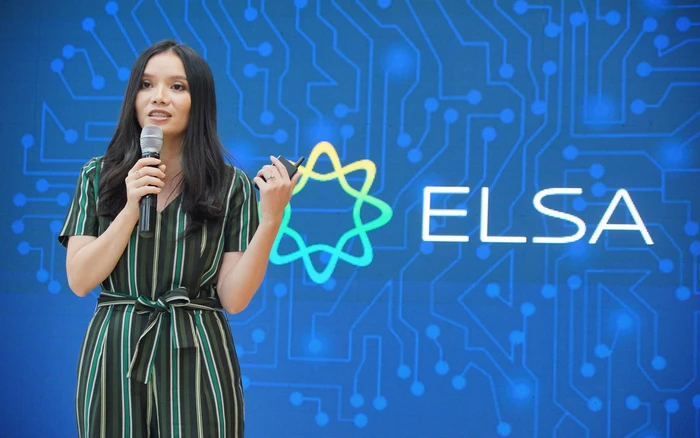
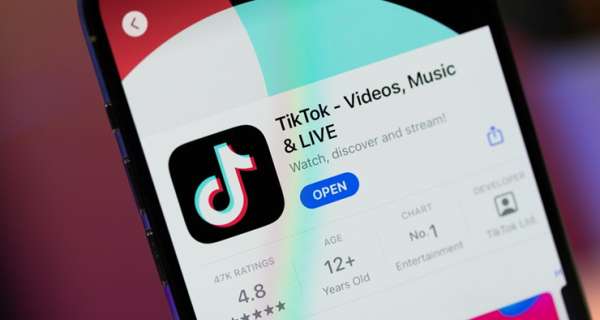
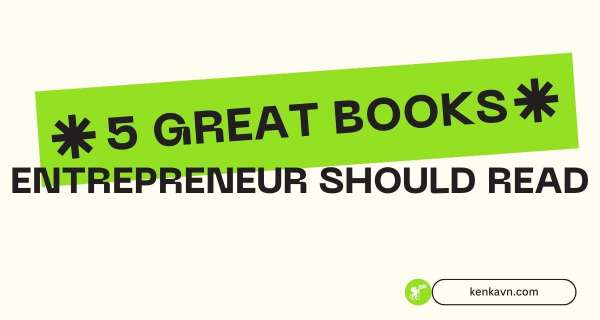
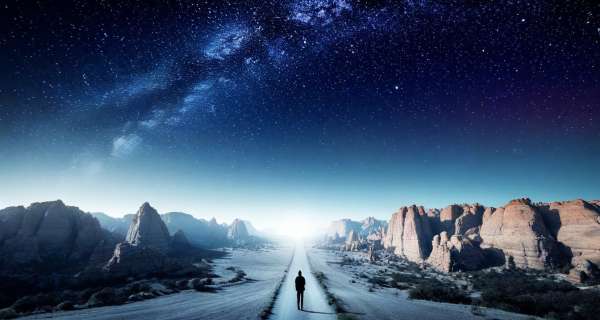

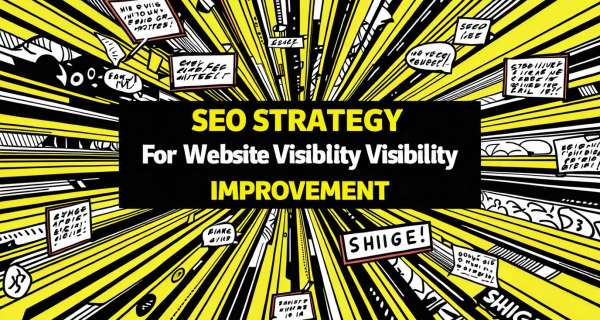
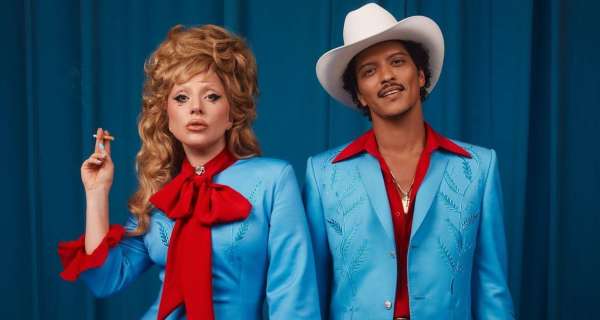
0 Yorumlar